Postdoctoral Fellowship within an integrated research program on cannabinoids
Cannabis has been consumed globally for centuries. It’s often said to have various effects, but cannabis is not a single entity—it’s a complex mix of organic compounds with diverse biochemical properties, making it a rich polypharmacological product. Understanding its mechanisms and health effects requires rigorous clinical studies.
The Didier Jutras-Aswad lab seeks a postdoctoral fellow to explore the complex effects of cannabis on humans. You’ll be involved in clinical studies assessing physiological and psychological effects of non-therapeutic cannabis use across different forms, usage modalities, and constituents, in both general and at-risk populations.
Responsibilities
- Analyze data from human administration studies involving various cannabis products (e.g., inhaled CBD)
- Participate in the design and development of new studies
Environment & Support
You’ll work in a dynamic scientific and professional context with a highly qualified team from diverse fields. Teamwork is essential for high-quality integrative research. You’ll be supported in publishing peer-reviewed articles, presenting at high-level conferences, and developing international collaborations. Financial support and guidance for scholarship applications are provided.
Qualifications
- PhD in biomedical sciences, psychiatry, neuroscience, psychology, or related discipline
- Motivation and clinical research experience in psychiatry, addiction, or related fields
- Strong interest in working with substance-using and/or mentally ill populations
- Ability to secure competitive scholarships
- Strong quantitative analysis skills
- Good knowledge of French (an asset) and English
- Excellent writing and communication skills
More information
- Status: Full-time
- Location: CRCHUM
- Duration: 2 years, with possible extension
To apply: Send your CV, cover letter, relevant transcripts, and contact info for two references to: jane.marie.ramil.chum@ssss.gouv.qc.ca
Only selected candidates will be contacted for interviews.
The CRCHUM invites women, Indigenous peoples, visible minorities, ethnic minorities, and persons with disabilities to apply. The CRCHUM adopts a broad and inclusive definition of diversity that goes beyond applicable laws. The CRCHUM therefore encourages all individuals, regardless of their characteristics, to apply.
